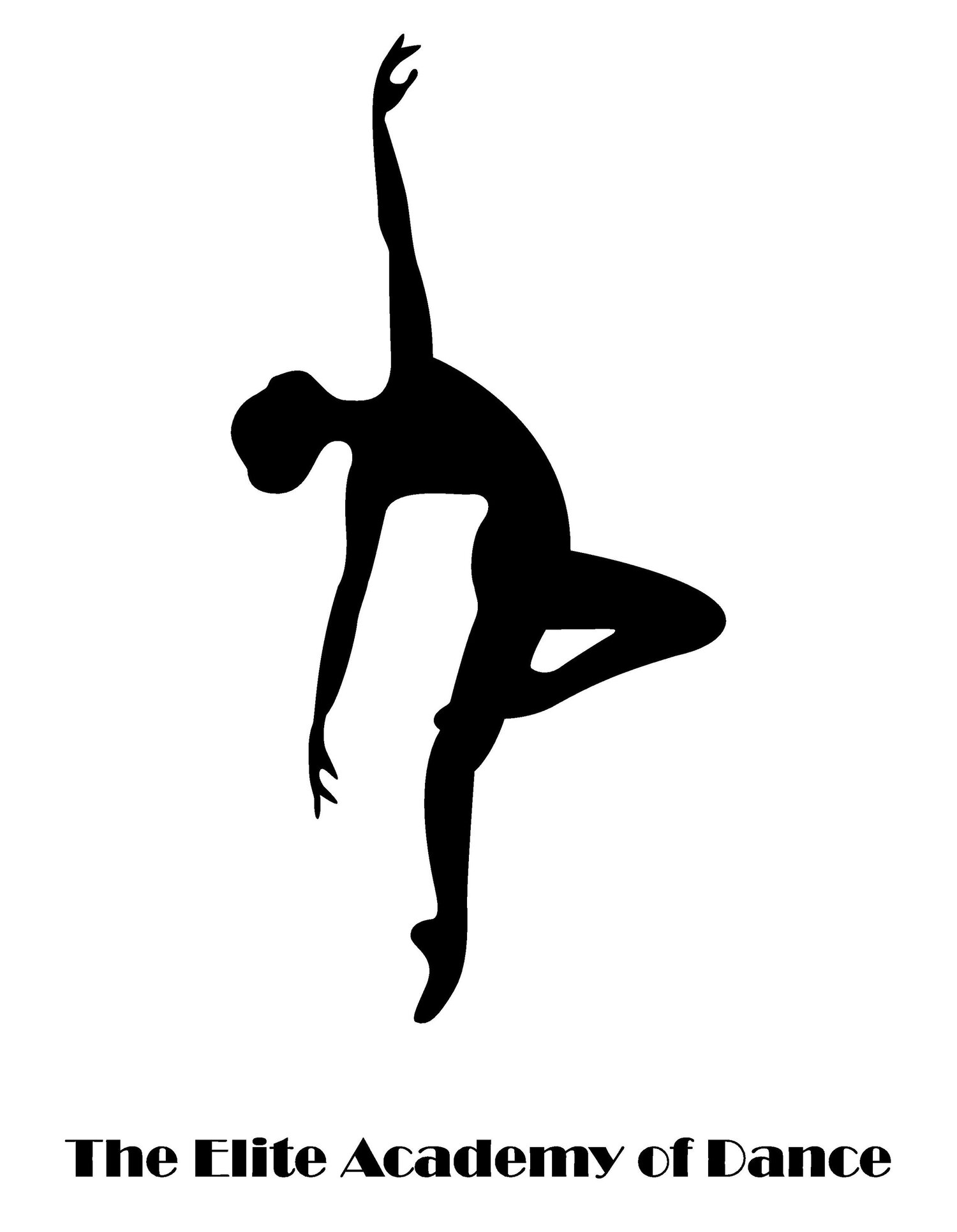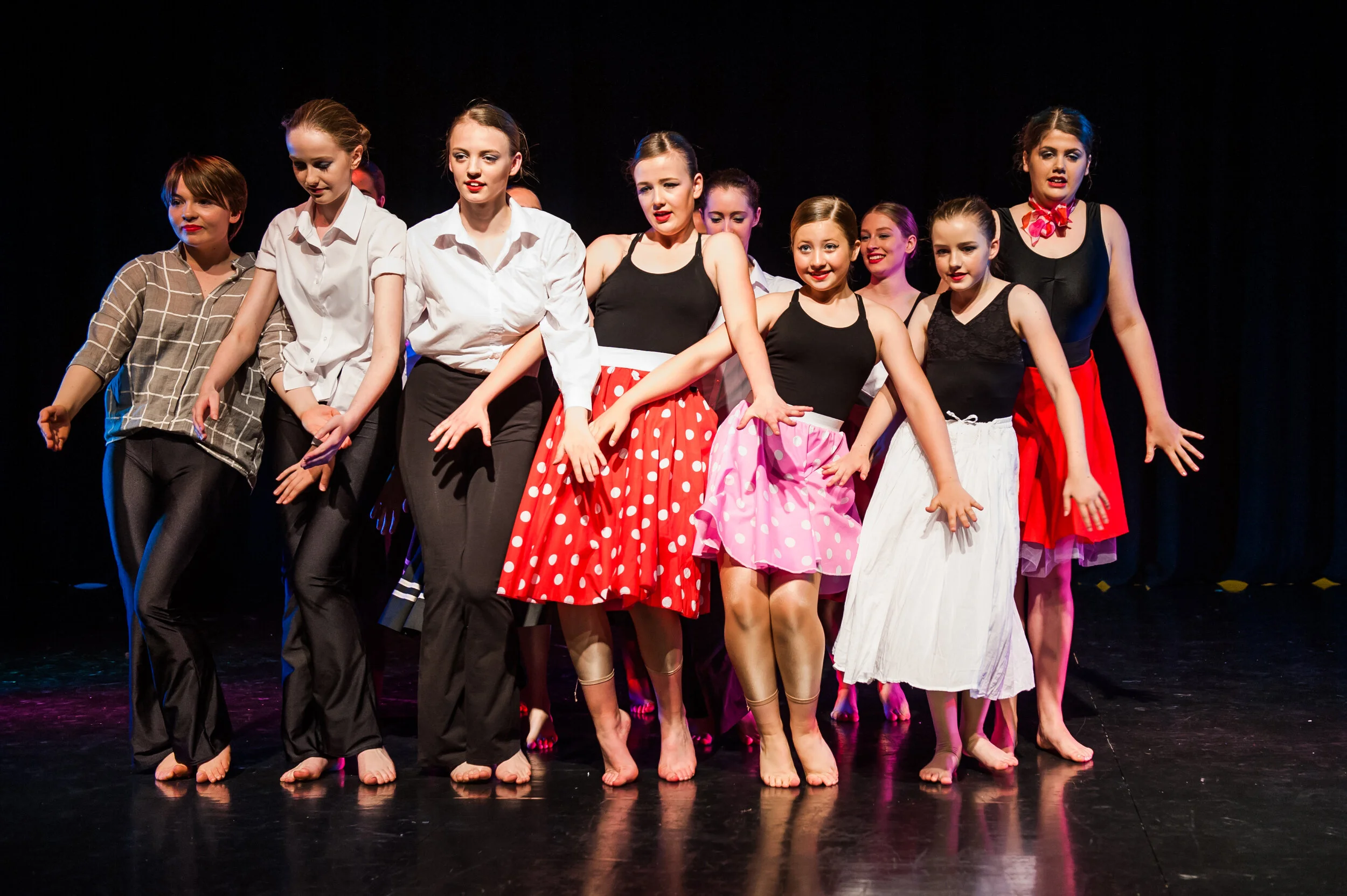Our Classes
We teach the ISTD Imperial Classical Ballet syllabus. Students can start as young as 2.5yrs in our Baby Ballet class and continue through to Advanced level. From grade 2 upwards students attend a minimum of two classes a week and start to incorporate Progressing Ballet Technique (PBT) into their training. From grade 5 students start to learn Pointe work.
“Imperial Classical Ballet is based on the teaching of the French School at the Paris Opéra. The syllabus, first written in 1913, has evolved to promote the English classical ballet style and to address the changing needs of ballet dancers today. Focusing on encouraging a sound basic technique and an understanding of musical interpretation it provides the essentials of a pure classical training.” https://www.istd.org/dance/dance-genres/imperial-classical-ballet/
Imperial Classical Ballet
Modern Theatre
We teach the ISTD Modern Theatre syllabus. Students can start from 5 years old in Primary or Grade 1 and can continue through to Advanced level.
“Modern Theatre dance is a rhythmic dance style rooted in musical theatre, which originated in America. It is often seen in musical productions and is known for its dynamic theatrical qualities. The style uses travelling steps, high kicks, leaps and turns which all need strength and flexibility. Imperial Society of Teachers of Dancing Modern Theatre also incorporates jazz, lyrical and contemporary dance styles into its examination syllabus. Modern Theatre Dance defies a single permanent definition. This is largely due to its ability to adapt, develop and evolve with the changing fashion in dance.” https://www.istd.org/dance/dance-genres/modern-theatre/
Tap
We teach the ISTD Tap Dance syllabus. Students start as young as 2.5 yrs within the Baby Ballet and Tap class and can continue through to Advanced level.
“Tap Dance is an exciting, percussive, rhythmical dance form, originating from America and is influenced by African rhythms, Irish stepping and English clogging. The dancer uses their feet to strike the floor, beating out a melody, with tap shoes which have small metal plates on the toe and heel to give the distinctive sound. Tap dance is a theatrical art form often seen on screen and stage in musicals.” https://www.istd.org/dance/dance-genres/tap-dance/
Acrobatic Arts
We are a certified Acrobatic Arts studio and follow their syllabus from primary (4 years +) through to level 6 currently.
“Acrobatic Dance, or acro as it is commonly referred to by dancers and dance professionals, is the beautiful fusion of classic dance technique and the precision and athleticism of acrobatic elements. Often defined by unique choreography, acro dancers seamlessly blend musicality, emotional expression, line and extension with acrobatic movements in a dance context. Acro is an especially challenging style for dancers to master as training in both dance and acrobatic elements is required. Acro technique includes balancing, limbering, tumbling and partnering, based in flexibility, contortion and strength.” https://www.acrobaticarts.com/#/page/custom/12/3
Musical Theatre
Musical Theatre is a new offering at the school and we are pleased to be a Registered Centre to deliver the Dang Theatre and Dance Syllabus. Musical Theatre combines its core elements of singing, dancing and acting into an integrated performance.
The Dang Theatre and Dance Syllabus has been designed and created by industry specialists to prepare students for vocational training and a career in the performing arts industry. Want to find out more about the newly developed syllabus? Get in touch today and check out their new website www.thedang.com
Street and Commercial
As a relatively new genre to the school, we currently have junior and senior street dance groups. The junior group is for 6 years + and the senior group is 11+. A primary group may be starting soon for younger children. Each group works towards group performances and competitions.
“As with all forms of modern popular dance, the evolvement and development of styles are largely influenced by current music trends and promos/videos. Street Dance has moved a long way since the birth of hip hop in the early 1980’s with many different styles now falling under the banner.” https://www.istd.org/dance/dance-genres/street/
Contemporary Dance
We follow the ISTD Contemporary Dance syllabus, which starts at pre-vocational level, Intermediate Foundation. This is available to students aged 12 and above.
“Created by Dr Ross McKim, the well-known dancer, choreographer, philosopher, and Artistic Director of the Rambert School (from 1985–2015), our Contemporary dance syllabus is informed by Eastern concepts of subtle energy and draws influence from choreographers Graham, Hawkins and Cohan. Contemporary Dance stems from the core, or torso, of the body and uses elements of contract, release, spiral, floor work, fall and recovery, and improvisation. This evolving style has fast become one of the most dominant genres for dancers throughout the world.” https://www.istd.org/dance/dance-genres/contemporary-dance/
Progressing Ballet Technique (PBT)
Progressing Ballet Technique is built into the lessons of ballet students from grade 2 and above, who take a minimum of two ballet lessons per week. It is also used within the adult ballet class and a specific PBT class will be launched in 2021.
“Progressing Ballet Technique (PBT) is an innovative body-conditioning and strengthening program that has been designed to enhance students' technique by focussing on training the muscle memory required in each exercise in all forms of dance. It is a unique training system using ballet-technique specific exercises to train skill acquisition in a graded and progressive manner from junior through to advanced levels. PBT helps teachers around the world prepare their students to receive the strength they need to achieve their personal best.” https://pbt.dance/en/about
Timetable
Please see our timetable for details of when each class is. Please contact us if you need help understanding which classes are suitable.








